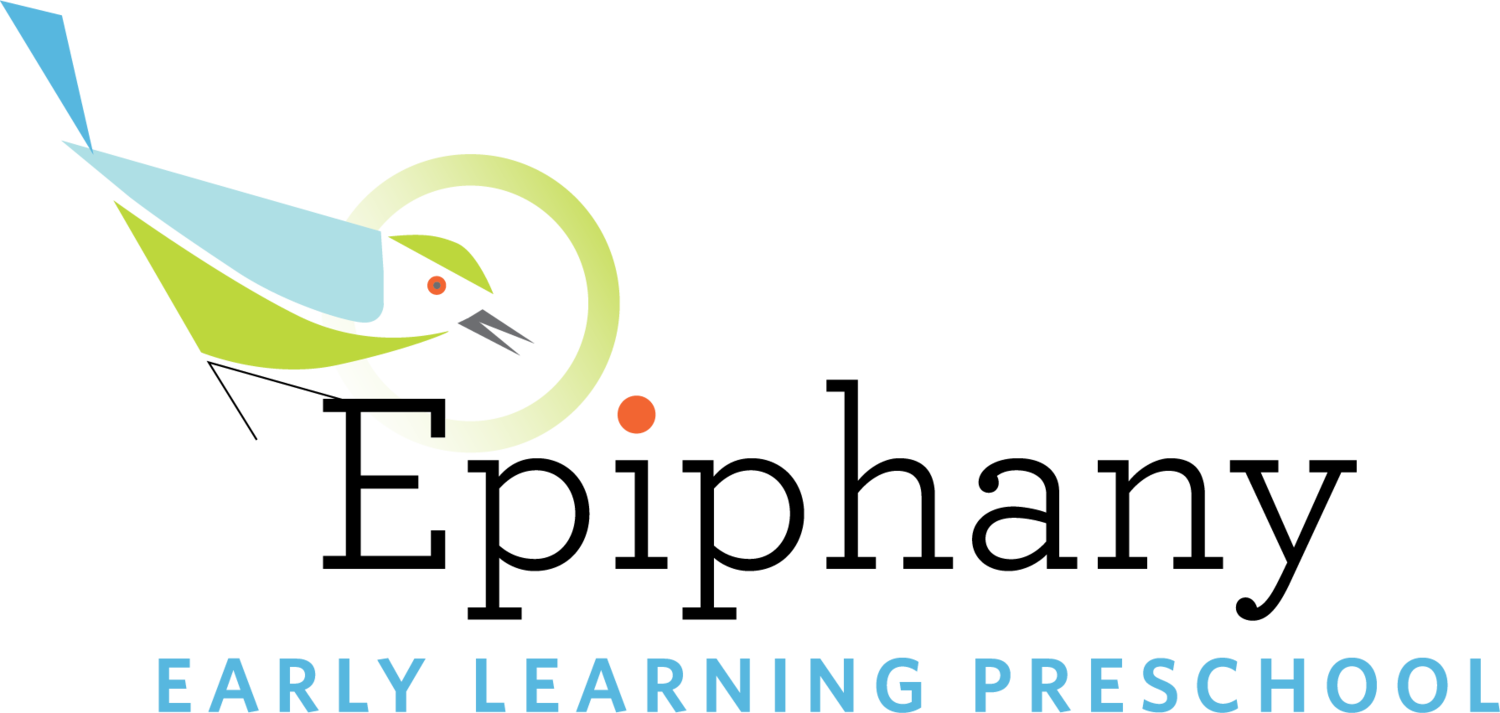EDUCATIONAL VALUES
We view curriculum as everything that happens during our time together with the children.
“Values are the ideals that a person aspires to in his or her life… Values define cultures and are one of the fundamental elements of societies. Values, therefore, are relative and correlated to the culture to which they belong; they determine the culture and are not determined by it.”
At EELP we think a lot about the values we hold for ourselves and for the children in our care. When decisions have to be made about policy, curriculum, or our environment, we revisit these principles to insure that the end product will support us in living by these values, which we believe are essential to an excellent educational experience for your children.
Learning through exploration.
We believe that children have the right to learn within a context of exploration and play. We do everything we can to protect what we see as the essential elements of childhood – long stretches of uninterrupted time, lots of open-ended materials, real and meaningful work, and plenty of time in the natural world; all explored through play. These things create a context in which children can embark on the important work of exploring, and making sense of their world.
Trust
We hold an image of the child as strong and competent. We trust each child in our care to be an active participant in his or her own educational experience. Each child is capable of amazing acts of investigation, creation and empathy. We show this trust and respect by providing quality materials, real tools, and by responding to the childrenʼs thoughts and ideas with care and intention.
Relationship
We believe in the importance of creating strong partnerships with families. Growing empathy and understanding between the children the teachers and the community. Learning to work collaboratively with other individuals. Helping the child to build a strong and meaningful relationship with the natural world. Recognizing that active listening is fundamental to meaningful communication and practicing this skill throughout the learning community.
Freedom, Autonomy, and Independence
We celebrate the individual and believe in the importance of critical thinking, creative problem solving, and perspective taking. We support children in seeking their own answers and taking initiative in their investigations. We respect their need to be strong and capable, and try to give them the space they need to test their theories and their bodies and take their learning further. We understand the importance of finding the balance between safety and risk-taking, both physically and emotionally.
“If possible, nothing without joy!””




